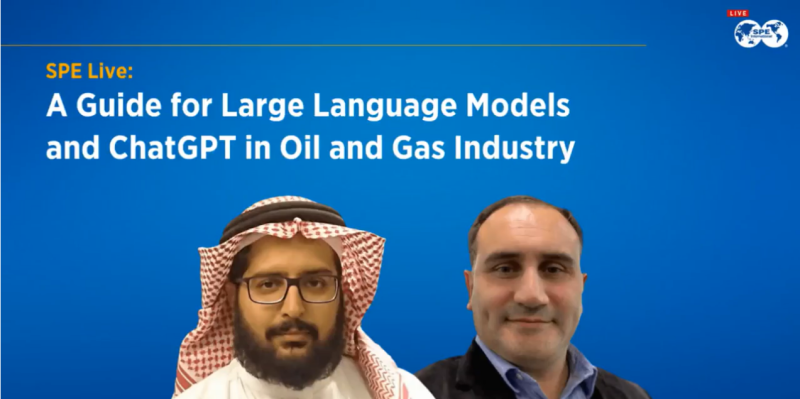In recent years, large language models (LLMs) have become increasingly popular in natural language processing (NLP) research. The recent advancements in LLMs have revolutionized the field of NLP.
LLMs are trained on massive amounts of text data and can generate human-like text with impressive accuracy. They have shown remarkable performance in various NLP tasks such as text classification, question answering, and language generation. Two of the most popular LLM models are Generative Pre-trained Transformer 3 and 4 (GPT-3 and GPT-4), which were developed by OpenAI. GPT-3 and GPT-4 have been used in a wide range of applications, including chatbots, content generation, and even coding.
ChatGPT is a variant of GPT-3 that has been specifically designed for use in chatbots. It has been trained on a massive corpus of conversational data and can generate human-like responses to a wide range of prompts. ChatGPT has been used in a variety of applications, including chatbots, personal assistants, and even social media bots.
In this SPE Live, we explore the capabilities and limitations of LLM models models GPT-3 and GPT-4 and ChatGPT and discuss their potential applications in the oil and gas industry.

